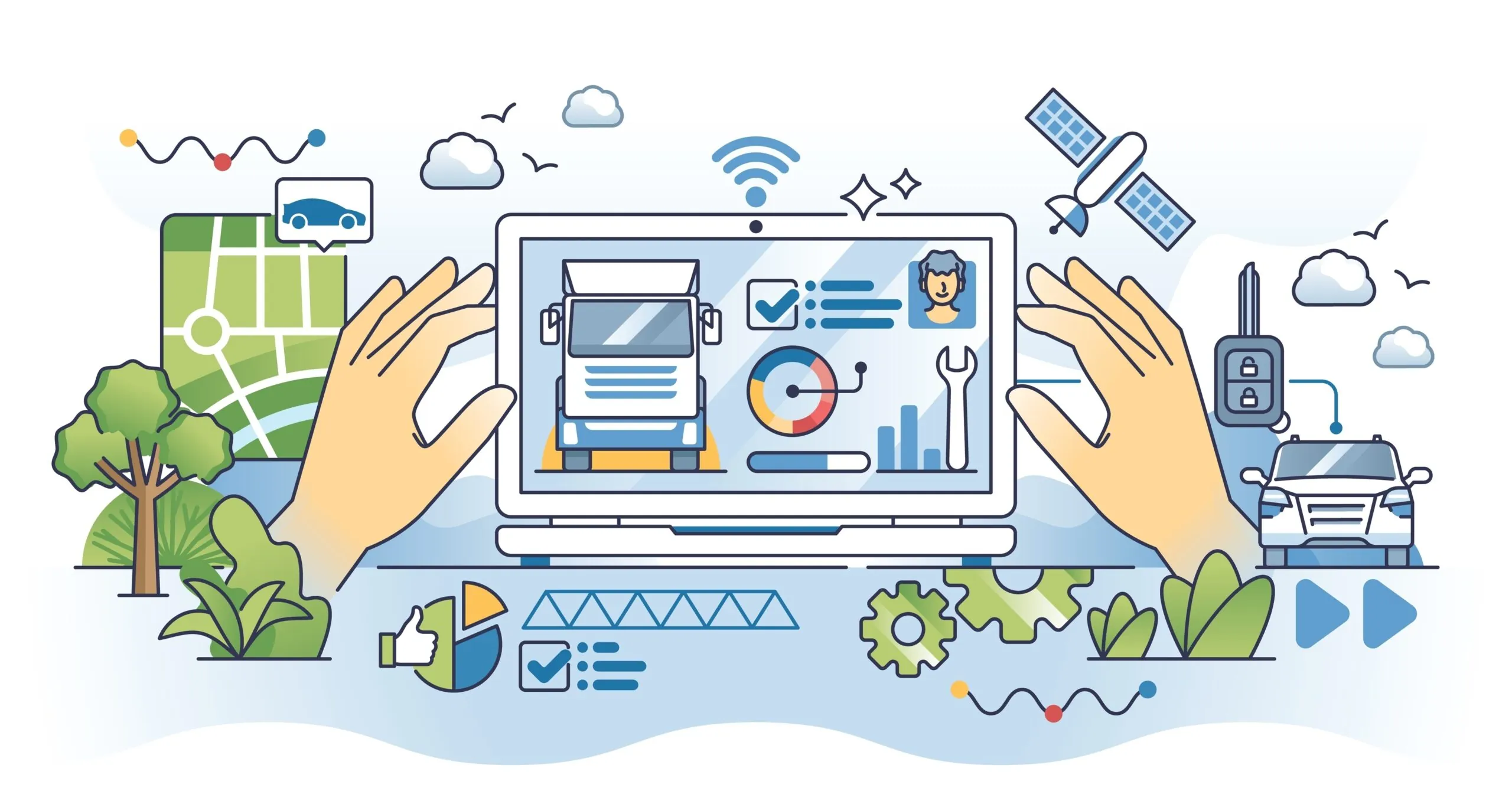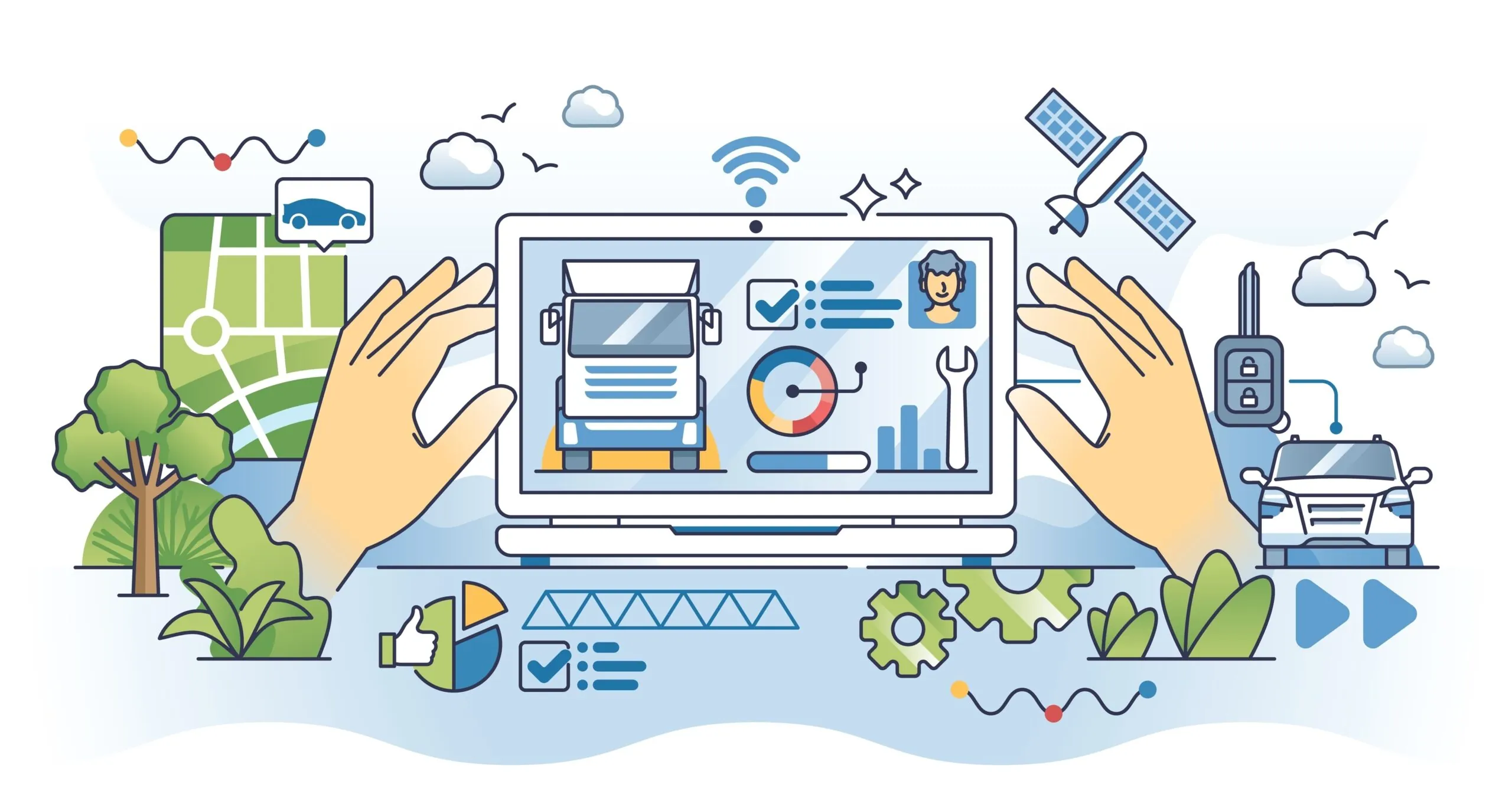
How AI is Revolutionizing Freight Logistics
Artificial Intelligence is used in many aspects of everyday life and assists in almost every industry – simply put; AI is the future. Recently, the logistics and freight industry has begun to embrace AI in its operations, helping streamline every facet of the supply chain
Artificial Intelligence has many benefits to boost the performance of the transportation and logistics industry, including optimizing freight routing and scheduling – two crucial elements of shipping.
By enhancing these two components, it’s not just improving, but revolutionizing freight logistics. This is the power of leveraging advanced technologies in the industry.
Optimize Freight Routing and Scheduling
Many AI systems can be used to improve routes and scheduling for the industry, which has a positive domino effect on the rest of the operations. Let’s take a look at some of the different AI technologies that can transform how shipments are transported.
Optimizing routes involves utilizing advanced algorithms and predictive analytics. This technology can predict traffic patterns, weather conditions, and other factors affecting travel time. These algorithms help truck drivers plan the most efficient routes.
GPS systems and The Internet of Things (IoT) provide real-time tracking of fleets and allow for rescheduling or rerouting to avoid congestions or delays. Avoiding these situations on the roads leads to better delivery times.
Not only does AI assist in predicting weather and traffic conditions, but it can also utilize historical data, trends, and market analysis to optimize scheduling and ensure proper resource allocation.
AI can automate all aspects of scheduling, including deliveries, maintenance, and even driver rest periods. This helps improve productivity while ensuring that companies comply with regulations.
AI further enhances routes and scheduling by providing accurate estimated times of arrivals (ETAs). This provides accuracy for the driver in improving reliability of delivery schedules, as well as the customer. Knowing when a shipment will be delivered can lead to higher customer satisfaction.
Improving routes and scheduling can also reduce costs and enhance sustainability. Optimizing routes requires less fuel to be burned, reducing fuel costs. Reducing fuel emissions in the atmosphere improves a company’s carbon footprint.
Enhancing routes leads to fewer miles being traveled, allowing trucks to stay in better condition for a longer period of time. AI systems can also predict when a vessel will likely need maintenance, preventing costly breakdowns.

Companies Implementing AI
Multiple popular carriers and shipping companies are taking the lead by implementing AI systems into their operations. UPS uses On-Road Integrated Optimization and Navigation (ORION), which uses advanced algorithms to determine the most efficient delivery routes.
The commerce and shipping giant, Amazon has a system similar to UPS that analyzes data to optimize its last-mile delivery options.
Both FedEx and DHL use AI systems to optimize their operations. While DHL uses platforms like Resilience360 and MySupplyChain, FedEx uses SenseAware and FedExSurround.
XPO Logistics uses its AI-based program, XPOSmart, to enhance routing and scheduling in order to reduce transit times.
The carrier, Maersk, is taking a slightly different approach to implementing AI. Maersk uses Remote Container Management (RCM) to monitor refrigerated containers in real-time to ensure the quality and freshness of the perishable goods they transport.
These are only a handful of companies utilizing AI systems, and more companies are sure to follow in their footsteps.
Optimizing scheduling and routes improves freight logistics operations. These technologies are already transforming the way freight is transported and delivered.
How AI will completely change the logistics and freight industry has yet to be determined. Still, with improved efficiency and sustainability already on the horizon, the future of AI may not disappoint.



